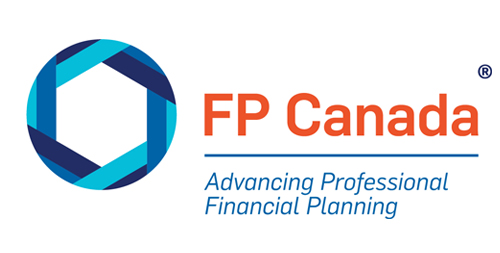Tax Returns for the Deceased
KNOWLEDGE EXPECTED OF: CFP® Professionals
Highest Knowledge Level: Understanding
Knowledge Levels and Associated Verbs
|
Awareness
The state of being aware that something exists / to have familiarity with a particular activity or subject
|
Understanding
To comprehend the general relationship of particulars / to have an expertise with how something works
|
Application
Ability to put information to use / to use knowledge for relevant, practical purposes
|
Evaluation
To judge or conclude by utilizing data / a systematic determination of something’s worth or significance
|
||||||
|---|---|---|---|---|---|---|---|---|---|
|
Define
To state exactly the meaning of
|
Identify
To be aware of / to recognize and correctly name / to locate an appropriate resource
|
Explain
To make clear the meaning of / to describe something in more detail or reveal relevant facts or ideas related to it
|
Determine
To ascertain / to come to a decision, such as by investigation or reasoning
|
Compare
To note the similarities and differences between two or more things
|
Estimate
To determine an approximate value for
|
Calculate
To find the value using mathematics
|
Convert
To change from one form or purpose to another
|
Evaluate
To reach a conclusion or make a through careful study
|
Interpret
To give the meaning of / to construe or understand / to translate orally
|
Hold cursor over or click on each term to read its definition.
Additional Knowledge Expected of CFP Professionals
- Identify types of tax returns for a deceased individual.
- Mandatory1
- Optional2
- Explain the purpose of optional returns for a deceased taxpayer.
- Identify due dates for tax returns upon death.
- For the final tax return3
- For the rights or things tax return4
- For a return for a partner or proprietor5
- For a return for income from a testamentary trust6
- Explain the purpose of acquiring a clearance certificate from the Canada Revenue Agency.7
- Explain the risk to the personal representative or estate administrator of distributing assets prior to receiving a clearance certificate from the Canada Revenue Agency.
- Identify the requirement for the personal representative or estate administrator to receive a clearance certificate from the Canada Revenue Agency to confirm acceptance of the final tax return(s).
- Final return clearance certificate
- Distribution of assets clearance certificate
- Identify documentation a personal representative or estate administrator may choose to obtain in the act of closing an estate, such as:
- Clearance certificate from the Canada Revenue Agency
- Valid releases from beneficiaries
- Application to the court for passing of accounts



